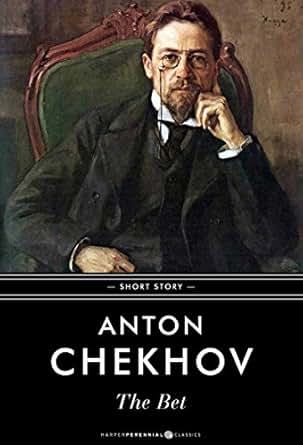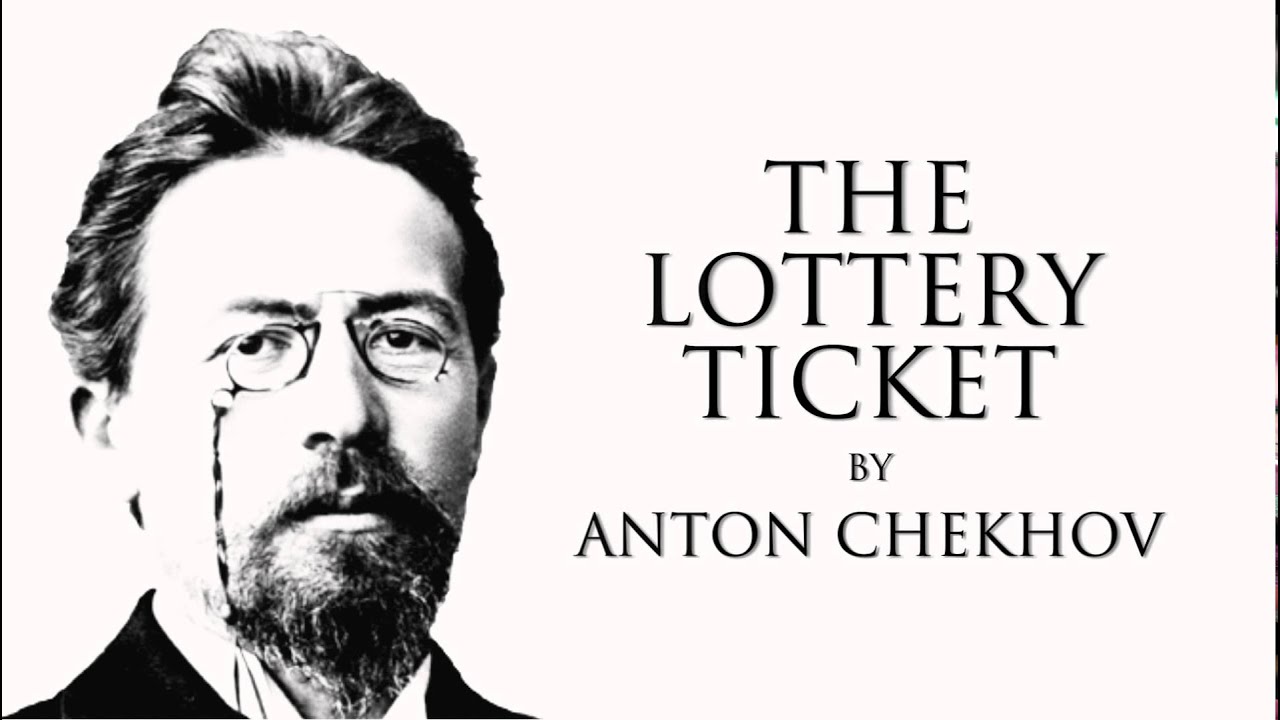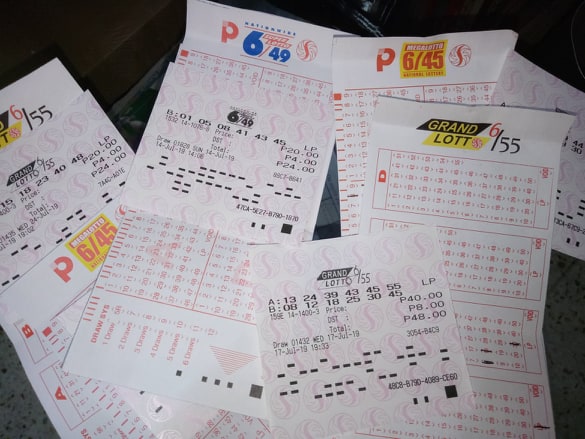Discover the Moral Lesson of The Lottery Ticket by Anton Chekhov at No1Jili
A Critical Analysis of "The Lottery Ticket" by Anton Chekhov no1jili


Abstract
This article provides a formal academic analysis of "The Lottery Ticket" by Anton Chekhov, focusing on its narrative structure, thematic depth, and use of symbolism. Emphasizing key literary elements such as characterization, irony, and social commentary, the study examines how Chekhov’s short story encapsulates the complexities of human desire and the pitfalls of greed. The analysis contributes to a deeper understanding of the text within the context of Chekhov's broader literary oeuvre.
Introduction
Anton Chekhov’s "The Lottery Ticket" is a seminal short story that delves into themes of aspiration, greed, and the human condition. In this literary analysis, the review critically examines the narrative of "The Lottery Ticket," highlighting its thematic exploration and the intricate interplay of irony and symbolism. As a notable work in Chekhov’s repertoire, the story serves as a reflection on the perils of unbridled desire and the illusions of fortune.
Narrative Structure and Plot Overview
"The Lottery Ticket" is structured around a seemingly ordinary domestic setting that gradually reveals the undercurrents of ambition and discontent. The story follows a couple whose lives are upturned by the possibility of winning a large sum of money through a lottery ticket. The plot progresses from a mundane day-to-day existence to a dramatic exploration of what might have been, as the couple's dreams and expectations begin to overshadow their reality.
Characterization and Themes
Chekhov employs subtle characterization to illustrate the transformation of the protagonists as they grapple with the prospect of newfound wealth. The themes of aspiration and greed are intricately woven into the narrative, serving as a commentary on the human tendency to idealize the promise of fortune. The characters' internal conflicts reflect broader societal concerns regarding materialism and the impact of dreams on personal relationships.
Symbolism and Irony
A central aspect of Chekhov’s narrative technique in "The Lottery Ticket" is his use of symbolism and irony. The lottery ticket itself is imbued with symbolic significance, representing both hope and the potential for ruin. Irony permeates the story, particularly in the juxtaposition between the characters' daydreams of wealth and the stark reality of their lives. This ironic twist serves to critique the societal obsession with material gain and the often-destructive nature of human ambition.
The Lottery Ticket as a Symbol
The lottery ticket is not merely a plot device but a multifaceted symbol that encapsulates the allure of sudden wealth and the inherent risks associated with it. Its presence in the narrative prompts a reflection on the nature of luck and the transient quality of hope. Chekhov’s treatment of the lottery ticket challenges readers to consider the broader implications of chasing dreams without a grounded understanding of reality.
Social and Economic Commentary
Chekhov’s "The Lottery Ticket" can also be interpreted as a commentary on social and economic dynamics. The story critiques the impact of financial aspirations on personal well-being, suggesting that the pursuit of wealth can lead to disillusionment and relational strife. This social commentary is a recurring theme in Chekhov’s work, where he often explores the tensions between societal expectations and individual realities.
Conclusion
"The Lottery Ticket" by Anton Chekhov remains a poignant exploration of human desire, greed, and the complexities of the human condition. Through its nuanced narrative, rich symbolism, and incisive use of irony, the story provides valuable insights into the impact of material aspirations on personal relationships and societal values. Chekhov’s work continues to resonate with contemporary audiences, offering a timeless reflection on the pitfalls of unbridled ambition.



